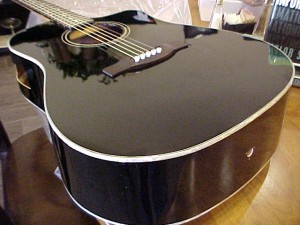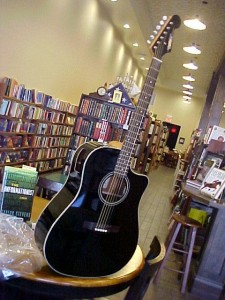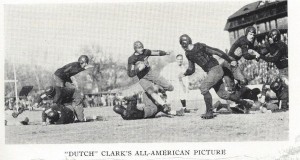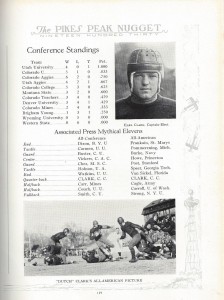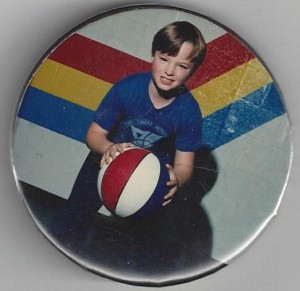Depending on what they are, hobbies can be a good thing – to let you focus on fun while reducing stress. Hobbies can do that.
Except golf.
After spending time at that one, I decided that for me – the hobby was mainly walking around, lugging a heavy bag, and donating golf balls to the gods of the water hazard. I also enjoyed tossing peanuts to the squirrels at LaFortune Park’s course. Even if they had been rabid wharf-rats it would have been more enjoyable than adding up my way-over-par scorecard, where families of snowmen partied. (A snowman is a single-hole score of 8, for you lucky non-golfers.)
In truth, I did enjoy walking the course. It was the part involving the ball that proved to be my downfall.
At another point in time, I spent many hours (and mucho moolah) restoring a British sports car. The work was furious fun at the beginning. As months turned into years, other hobbies got in the way. And golf. After about ten years, the car was brightly painted, chromed out, newly-upholstered, and ready to start. Drove it around the block, and hated it.
It handled like a tractor.
The jewel is now residing in Texas, having been hauled away by another hobbyist.
The big table in the front of the bookshop was jammed up this afternoon with a couple of projects. Volume Two of a leather-bound antique set has the front and back boards re-attached, and will be ready for a new leather spine as soon as it dries. As a hobby, book repair seems a lot like work. That’s why the book press was hugging the edge of the table.
Next to it sat a brand new project competing for my time and attention.
Both of my everyday guitars have developed a noise. They call it fret-buzz. I call it annoying. In my experience, it is about as expensive to have repairs made as it is to just buy another. Probably not for cars or houses. But those stereos, watches, hair dryers, and the like? Toss ‘em and buy new.
So, I tried some guitars on Sunday. I probably picked up nearly two dozen different instruments, plunking around on them in the store’s special plunk-around room. One in particular sounded extra-fine.
It was way too much for my budget.
I hustled out before my willpower weakened. Went online. The seller on eBay called this one a project-guitar. I’m familiar with projects. (Even my first home was one.) And here it is, the same model six-string I’d fallen for at the shopping center, except the price tag is less than a tenth of the store’s. Of course, I can’t play it yet – it’s a project. But after half-an-hour, I’ve already successfully removed the gooey-gum filmy slime that marred the finish of the wood on top, and now, at least that part is nice and shiny.
Even if it doesn’t work out, this project will never compare to the decade-long car repair that filled up half the garage and eventually had to be hauled away. And if worst comes to worst, I can always El Kabong it as a stress reliever. (You are free to Google El Kabong, you non-Quick Draw McGraw folks…)
And there’s an outside chance it will make some music one of these days…
